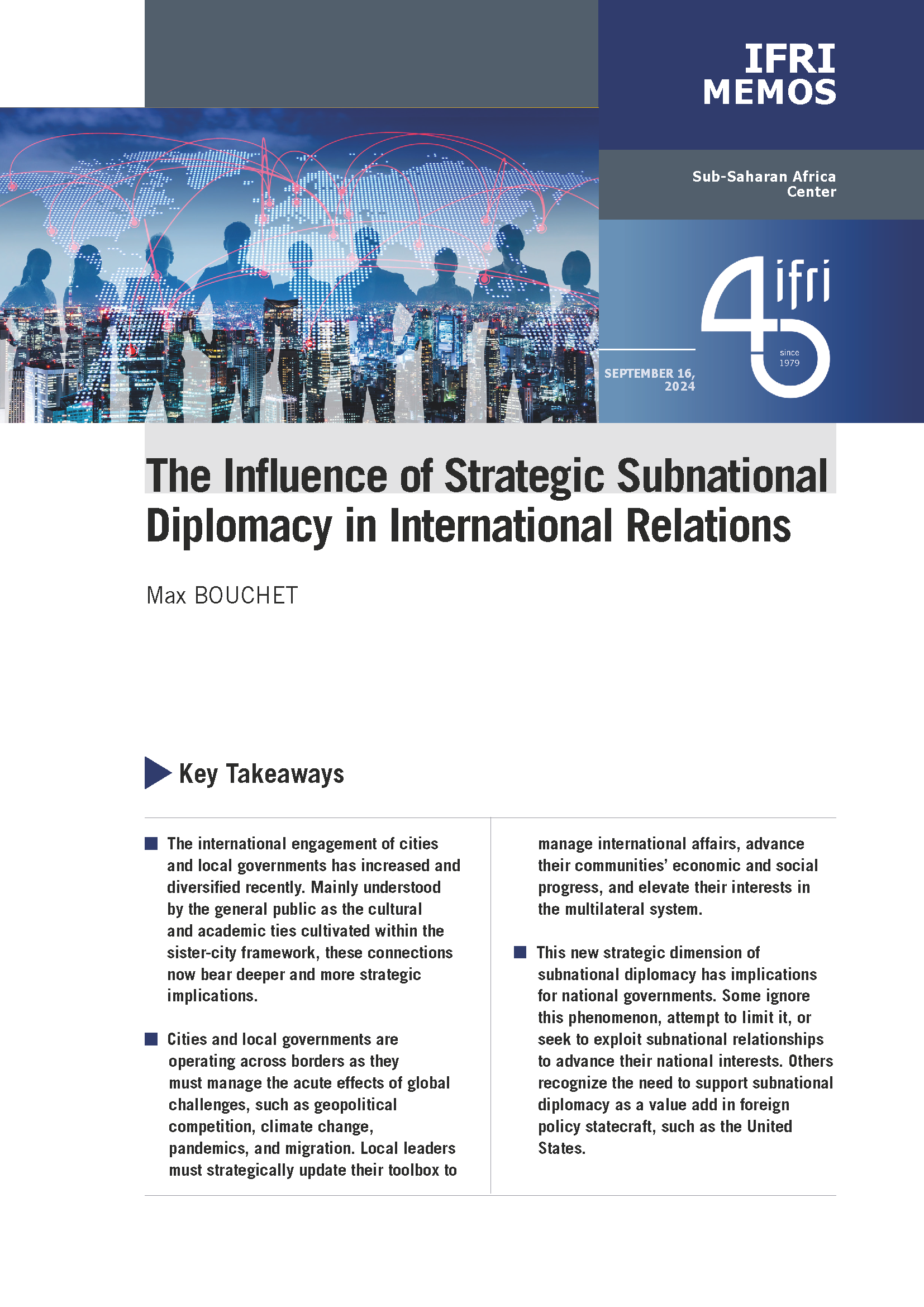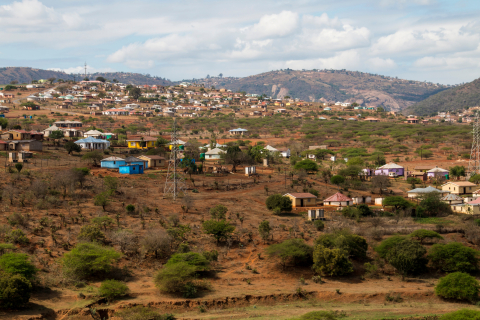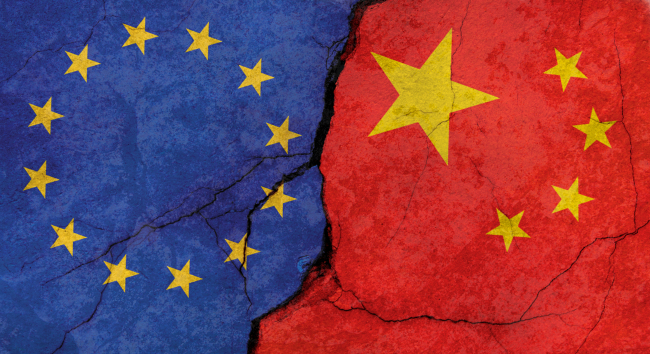Hong Kong : The 2019 Protest Movement and the Future of Autonomy
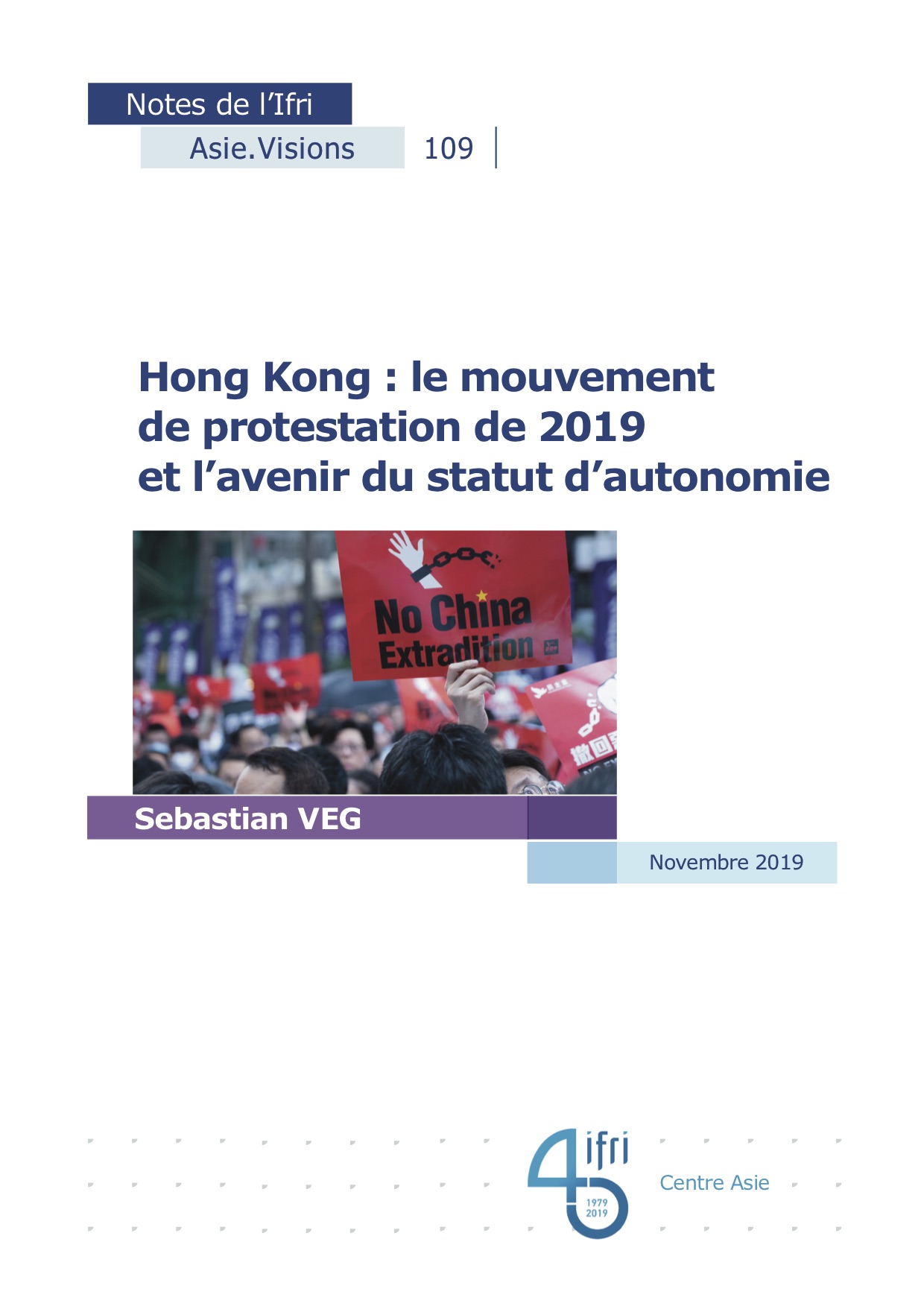
The current protest movement in Hong Kong, which began with the proposed extradition law in June 2019 that would have considerably weakened the judicial border between Hong Kong and Mainland China, has set itself apart from the city’s numerous movements in recent years by its massive following. The protestors, who employ original strategies (online organization, absence of clear leadership, use of digital tools), achieved an initial success with the suspension of the proposed law in September. But even after the law’s withdrawal, massive protests and increasing acts of violence continued to grip the territory. Demands now center around an independent investigation into acts of police violence and on the revival of democratic reforms.
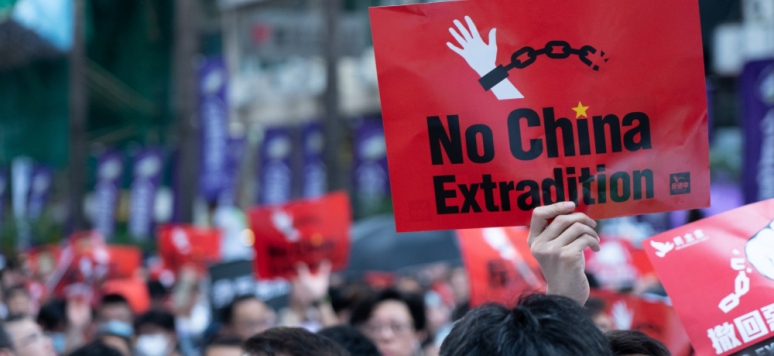
The resiliency of this movement, and its support from within public opinion, can first be explained by the accumulation of resentment within a large part of the population. Such resentment has been provoked by the increasing alterations to the principles of autonomy that are inscribed in the official texts governing Hong Kong’s retrocession to China. The second reason of the movement’s longevity is the internal dynamics resulting from the almost exclusively-repressive approach that local and national authorities have adopted, with the tangible empowerment of the police relative to the local political authorities. The implication of the US Congress, in the context of the US-China trade war, has introduced an added degree of complexity to the equation.
The strong sense of civic identity that has developed in Hong Kong since its retrocession (even if this has not translated into demands for political independence so far) collide with the refusal of the authorities to pursue a democratic evolution, as set out in the Basic Law. An unstable balance has therefore set in between non-democratic institutions and an ever-growing mobilization of Hong Kong society that serves as a counterweight in protecting the “high degree of autonomy” that the territory constitutionally benefits from. For the time being it is difficult to see how this balance can survive the shock that the 2019 protest movement has dealt and the reprisals the central government is likely to enact.
This publication is only available in French: Hong Kong : le mouvement de protestation de 2019 et l'avenir du statut d'autonomie.
Related centers and programs
Discover our other research centers and programsFind out more
Discover all our analyses
Getting China Onboard a Global Debt Governance System
China has become the number one provider of development finance in the world. Because of its significant share in Low and Middle Income Countries’ (LMICs) external debt, China should take up responsibilities and cooperate with traditional development finance providers, but its particular lending style and distinct approach to debt management pose many challenges and do not make international cooperation straightforward.
Deployment of the French Frigate Bretagne in the Indo-Pacific: Implementing French Strategy in the Region
The deployment of the French Navy’s multi-mission frigate (FREMM) Bretagne in the Indo-Pacific in recent months demonstrates France’s capability to project power far from the mainland and solidifies its Indo-Pacific strategy.
Japan’s Enhanced Security Engagement With the Pacific Islands
The expansion of security and defense cooperation stands as the most spectacular change in Japan’s contribution to the region in recent years.
National Perspectives on Europe's De-risking from China
The concept of “de-risking” has become a significant focus for the European Union (EU) in managing its relations with China since first proposed by European Commission President Ursula von der Leyen in March 2023. However, the interpretation and policy responses to de-risking vary across Europe, reflecting diverse national perspectives.


